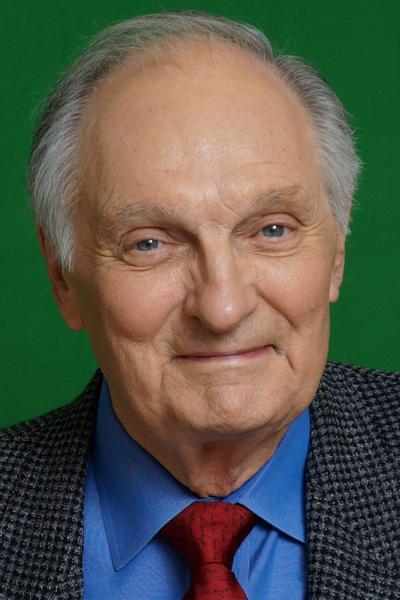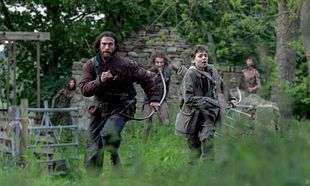If one wanted a movie that crystallises how America likes to see itself then look no further than the latest Nicholas Sparks adaptation (ten so far with another on the way). The America of the Nicholas Sparks story is made up of good-looking, honest, humble, God-fearing white folk with perfect teeth. There isn’t a cynical bone in their bodies. There’s a pickup truck in the barn and an apple pie cooling in the shadow of a fluttering Stars and Stripes.
But if there is one scene that sums this vision up it’s this moment in The Longest Ride:
Chiseled champion bull rider Luke Collins (Eastwood) has a choice: ride the bull and become world champion (for ‘world’ read ‘America’) or heed the doctor’s warnings, quit and reclaim the love of beautiful ex Sophia Danko (Robertson, Tomorrowland), she of the long blonde hair and denim shorts. Because that’s what the theme of The Longest Ride is: love is sacrifice. But what Luke does is ride the bull, become the champion (of the world), THEN quit and get Sophia back. Because he’s a winner. Because Americans are winners. Oh say can you see...
These movies are comedies in Russia.
Sophia is in North Carolina on an art scholarship and plans to leave for London by the end of next month. She does her best not to fall for ambitious bull rider Luke but he’s just too handsome, nice and American to resist. On the way home from a date they rescue Ira (Alda) from a car wreck and save the treasured letters he wrote to his deceased wife Ruth (Oona Chaplin). As Ira recuperates in hospital Sophia reads him back these letters and Ira relives his early romance...
So not only do we get one Nicholas Spark story, we get two. Two cloying, cold, clichéd, Nicholas Sparks stories that take 139 minutes to reach its inevitable conclusion. You couldn’t even call this story by numbers because there’s no antagonist. If the connection between the two timelines is tentative at best, have fun trying to figure out the meaning behind the supposedly symbolic bull rides. This is just terrible writing. One way around the plot hole of Ira writing his wife letters while living in the same house? "I wrote her letters anyway." Oh okay - that’s that sorted then.
It looks nice but there’s little heat between Robertson and Eastwood while Jack Huston (playing a young Ira) and Chaplin fail to generate any chemistry.



















































































